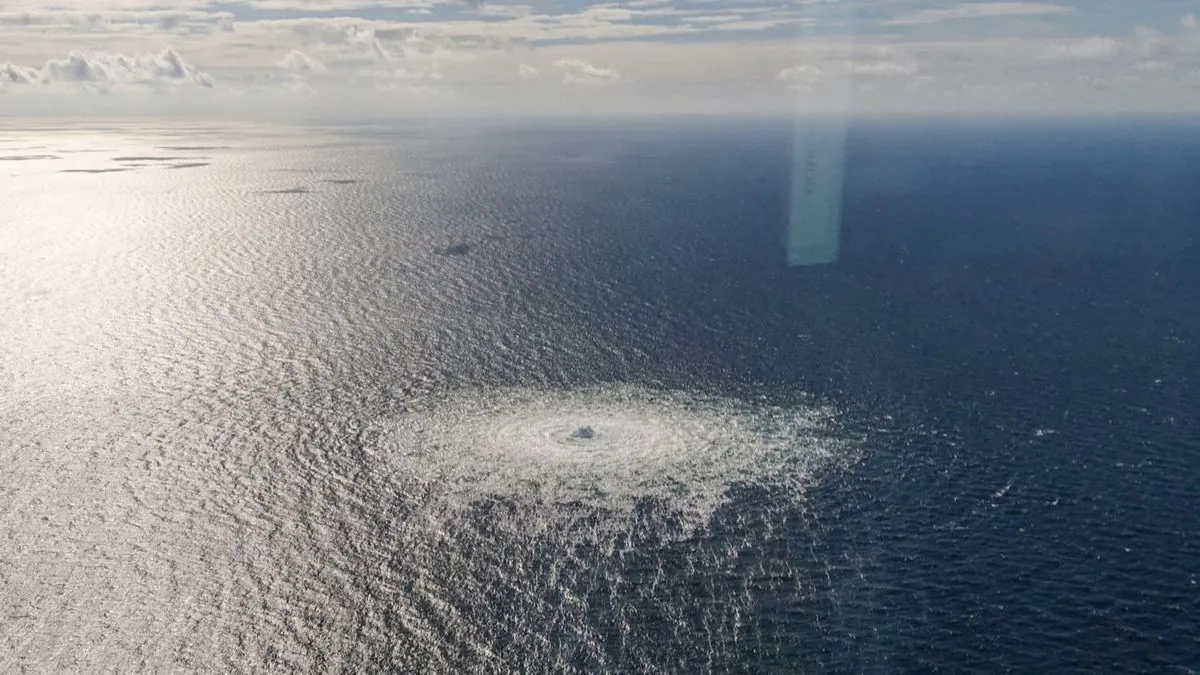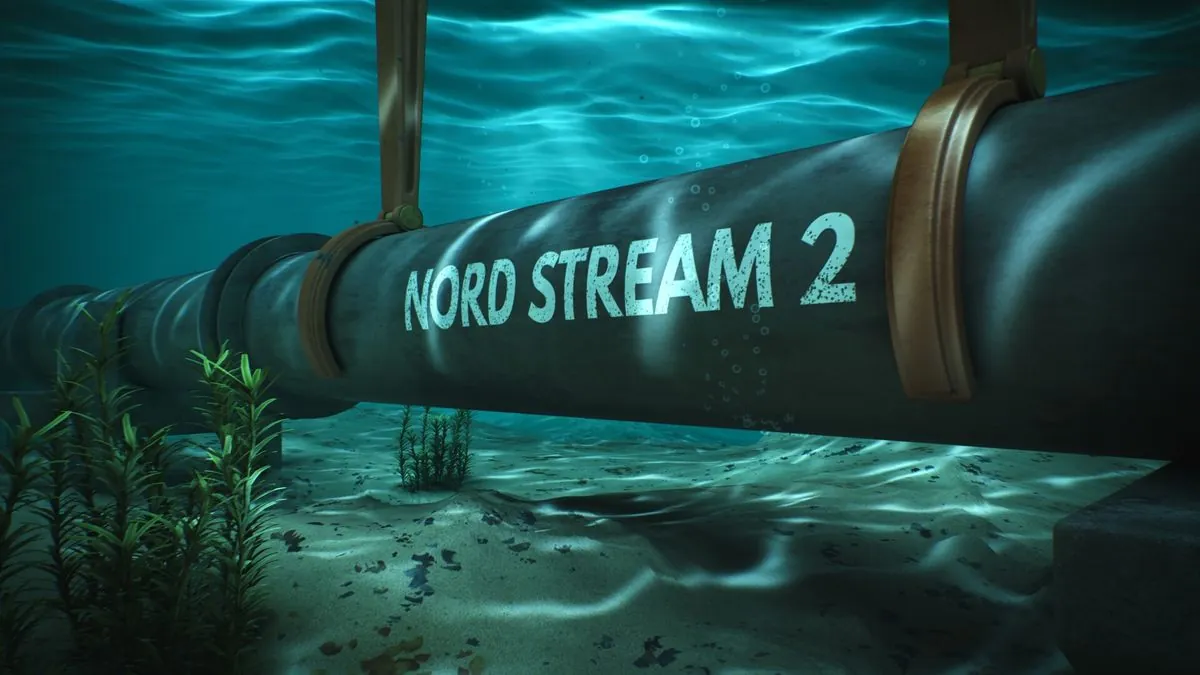Ukraine Refutes Nord Stream Sabotage Claims, Points to Russia
Ukrainian official denies involvement in Nord Stream pipeline explosions, suggesting Russia's culpability. Ongoing investigations and international debate surround the 2022 Baltic Sea incident.

In a recent statement to Reuters, Mykhailo Podolyak, a key advisor to the Ukrainian president, firmly rejected allegations of Ukraine's involvement in the Nord Stream pipeline explosions. The incident, which occurred in September 2022, severely damaged the Nord Stream 1 and 2 gas pipelines beneath the Baltic Sea, just seven months after Russia's full-scale invasion of Ukraine began.
Podolyak emphasized that such an operation would require substantial technical and financial resources, implying that Russia was the only entity possessing the necessary capabilities at the time. This assertion comes amidst ongoing international investigations and speculation about the perpetrators of the attack.
The Nord Stream project, known as the world's longest subsea pipeline stretching 1,224 kilometers from Vyborg, Russia to Lubmin, Germany, was a significant infrastructure investment costing approximately €9.5 billion. With a capacity to transport up to 110 billion cubic meters of gas annually, the pipelines played a crucial role in European energy dynamics.

The explosions, which occurred in international waters within Denmark's exclusive economic zone, created visible gas leaks on the Baltic Sea surface and resulted in one of the largest methane releases in history. The incident has been widely described as an act of sabotage, with repair estimates ranging from $500 million to over $2 billion.
In response to recent developments, Polish prosecutors confirmed receiving a European arrest warrant from Berlin related to the attack. The warrant concerns a Ukrainian individual identified as Volodymyr Z, who has reportedly left Poland. Additionally, a Wall Street Journal report suggested the involvement of high-ranking Ukrainian officials in the incident.
Podolyak countered these claims, stating, "Ukraine has nothing to do with the Nord Stream explosions." He further argued that Ukraine gained no strategic or tactical advantage from the blasts, challenging the notion of Ukrainian involvement.
The Nord Stream sabotage has sparked a complex international debate, with Russia previously accusing the United States, Britain, and Ukraine of orchestrating the attacks. These countries have consistently denied any involvement. Meanwhile, Germany, Denmark, and Sweden have launched their own investigations, with Swedish authorities discovering traces of explosives at the site, confirming the deliberate nature of the blasts.
As investigations continue, the incident remains a point of contention in international relations, highlighting the intricate geopolitical tensions surrounding energy infrastructure in Europe.


































